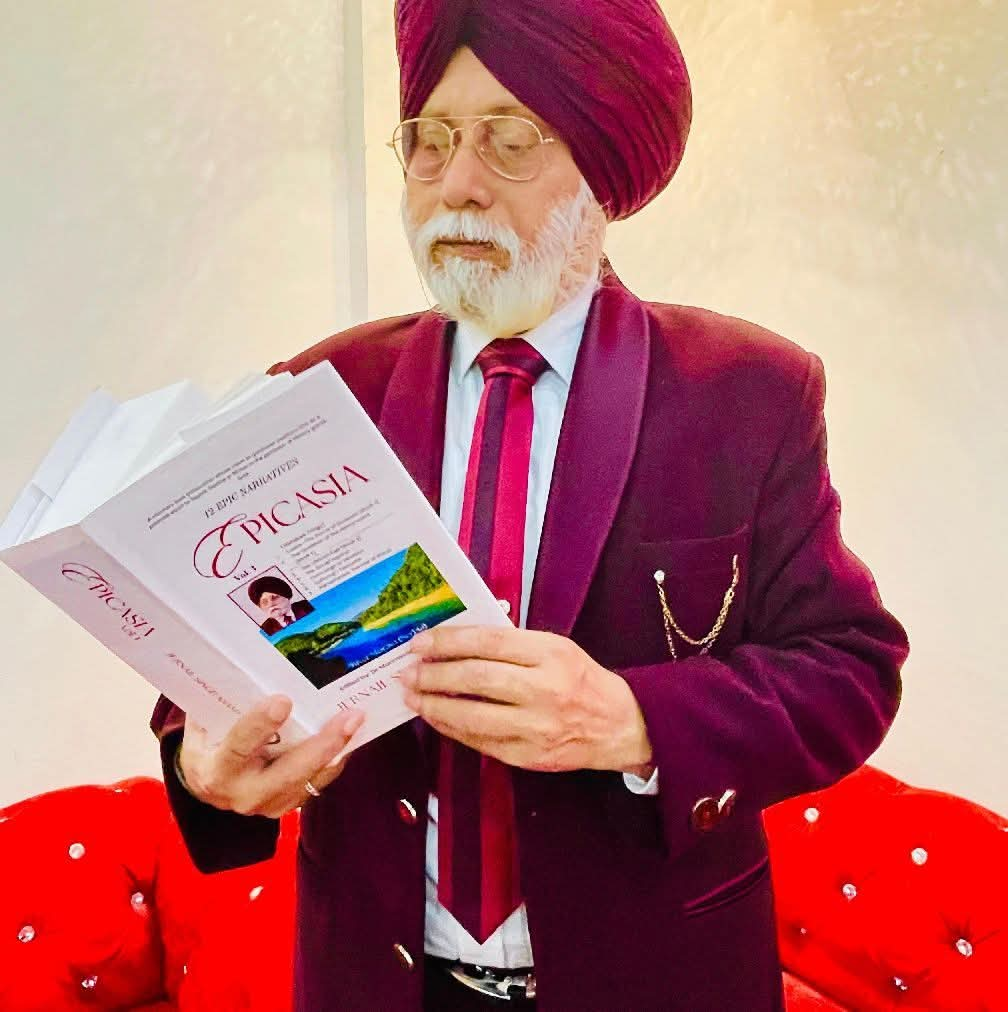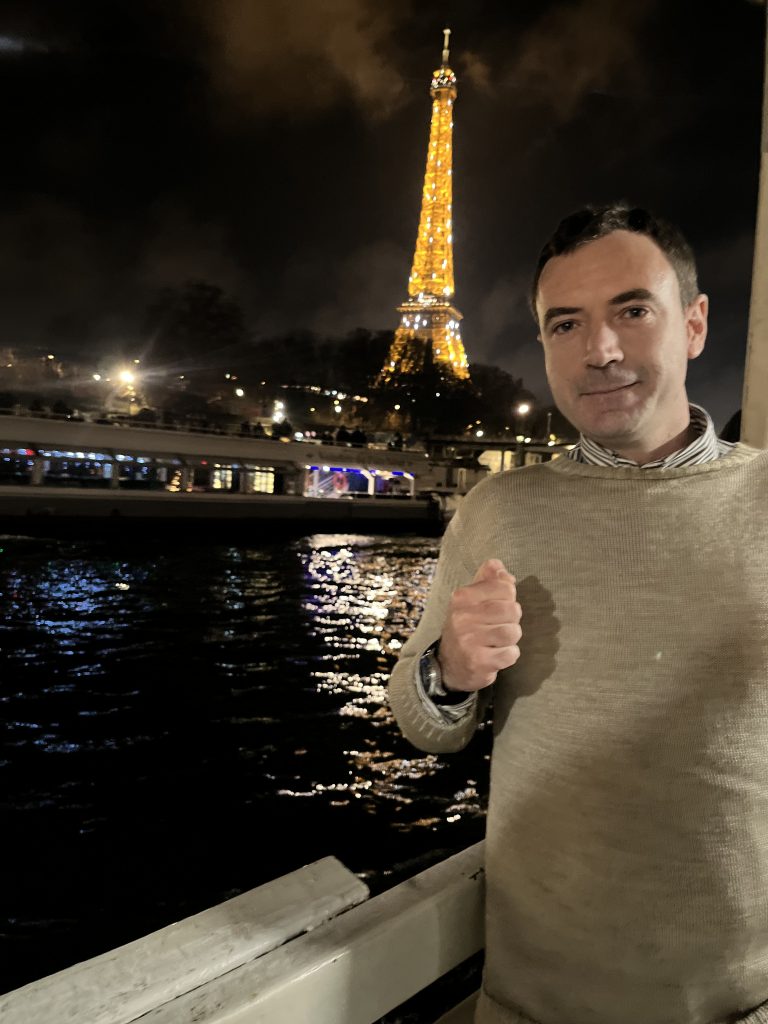
Annotation: This article provides a literary and philosophical analysis of “Jimjitlik” (Silence), a work by one of the prominent representatives of Uzbek literature, Said Ahmad. The study reveals how the author portrays the contrast between external silence and inner rebellion, the contradictions within the human psyche, and the issues of injustice and indifference in society. Through the characters of Tolibjon and Mirvali, the writer artistically interprets the struggle between good and evil, awakening and heedlessness. The article explores the symbolic and spiritual essence of the concept of “silence”, arguing that a person’s habituation to silence becomes one of the main causes of social tragedies. This study aims to deepen the understanding of the social significance of Said Ahmad to highlight the educational and awakening power of literature.
Keywords: Said Ahmad, Jimjitlik ( Silence), silence and rebellion, heedlessness, justice and oppression, human psychology, society and the individual, artistic character, spiritual awakening, social responsibility.
REBELLION BEHIND SILENCE: THE TRAGEDY OF STILLNESS IN SAID AHMAD’S WORK
Introduction
One of the most distinguished figures of Uzbek literature, Said Ahmad, portrays life’s realities, human emotions, and social transformations with remarkable depth in his works, offering consolation through words to the unspoken pain and suffering burning in people’s hearts. The author elevates everyday realities to the level of art. The work “Jimjitlik” likewise raises pressing social and spiritual issues, confronting the reader with a truth wrapped in comforting illusions, even if only for a moment.
Where does silence exist? Is it in the mountains caressed by clouds, in the steppes filled with blooming tulips, in streets resonating with children’s joyful laughter, or in hearts where childhood id buried, or perhaps in graves where hearts that once sheltered goodness now lie?
The work depicts the inner storms hidden behind external silence, the contradictions within human psyche, indifference toward social changes, and how those in high positions, with bloodstained hands, rock the cradle of the people and hinder the awakening of a new generation. It reflects the lives of individuals struggling through the complexities of existence and their responses to social injustice.
The characters in the work are vivid, convincing, and genuinely representative of the people. Each character is a product of their environment. The narrative begins with Tolibjon – who has suffered the merciless blows of life, whose unfortunate fate has left him disoriented, and who seeks a quiet refuge from the turbulent, noisy storms of a restless era – silently swallowing his bitter tears. His heart’s mute cry and wordless rebellion unfold within the embrace of “silence”. He wishes for the mountain children growing up in heedlessness to receive education, to advance not only through physical labor but also through intellectual development.
“My youth lives in Tolibjon. The best part of my life remained in the chest of this young man”, he would say.
At first glance, these words seem to touch the heart. Yet they belong to Mirvali – a man whose eyes have hardened like mountain rocks, whose conscience does not tremble at the sight of death, who has destroyed the lives of countless young women.
Know this: when a person commits a sin, the face of the heart darkens. If one is fortunate, that darkness emerges outward so that they may quickly refrain from sin. But if one is unfortunate, the darkness remains hidden within, unnoticed even by the person themselves. As a result, they sink deeper into sin. Thus, Mirvali – transformed into a “frog prince” by the swamp of sin – soils his hands with the blood of countless innocents, driven by his eyes that can never be filled except with soil and by his fear of losing his seat of power.
Conclusion
Such Tolibjons and Mirvalis can be found in every era and every place – only under different names and appearances. As you read the work, you fell an urge to caress the head of the orphan and to seize the banner of Truth from the hands of the righteous, raising it high. Yet this is not something achieved through empty words or mere imagination. First and foremost, one must refuse to accept silence and prove resistance through action. Knowledge is essential both to give voice to the emotions surging within the diminishing their power. A reader of this book comes to understand that the root of all ignorance lies in heedlessness and indifference
References
- Said Ahmad. Jimjitlik – Tashkent: G’afur G’ulom Publishing House, various editions.
- Said Ahmad. Selected Works. – Tashkent: National Encyclopedia of Uzbekistan Publishing House.
- Qo’shjonov, M. Modern Uzbek Prose and Artistic Thought. – Tashkent.
Jumanazarova Mohlaroyim Islombek qizi was born in Uzbekistan on April 6, 2007. Currently, she is studying at Denou institute of entrepreneurship and pedagogy. She has successfully obtained a B2 level in English and holds several international certificates




